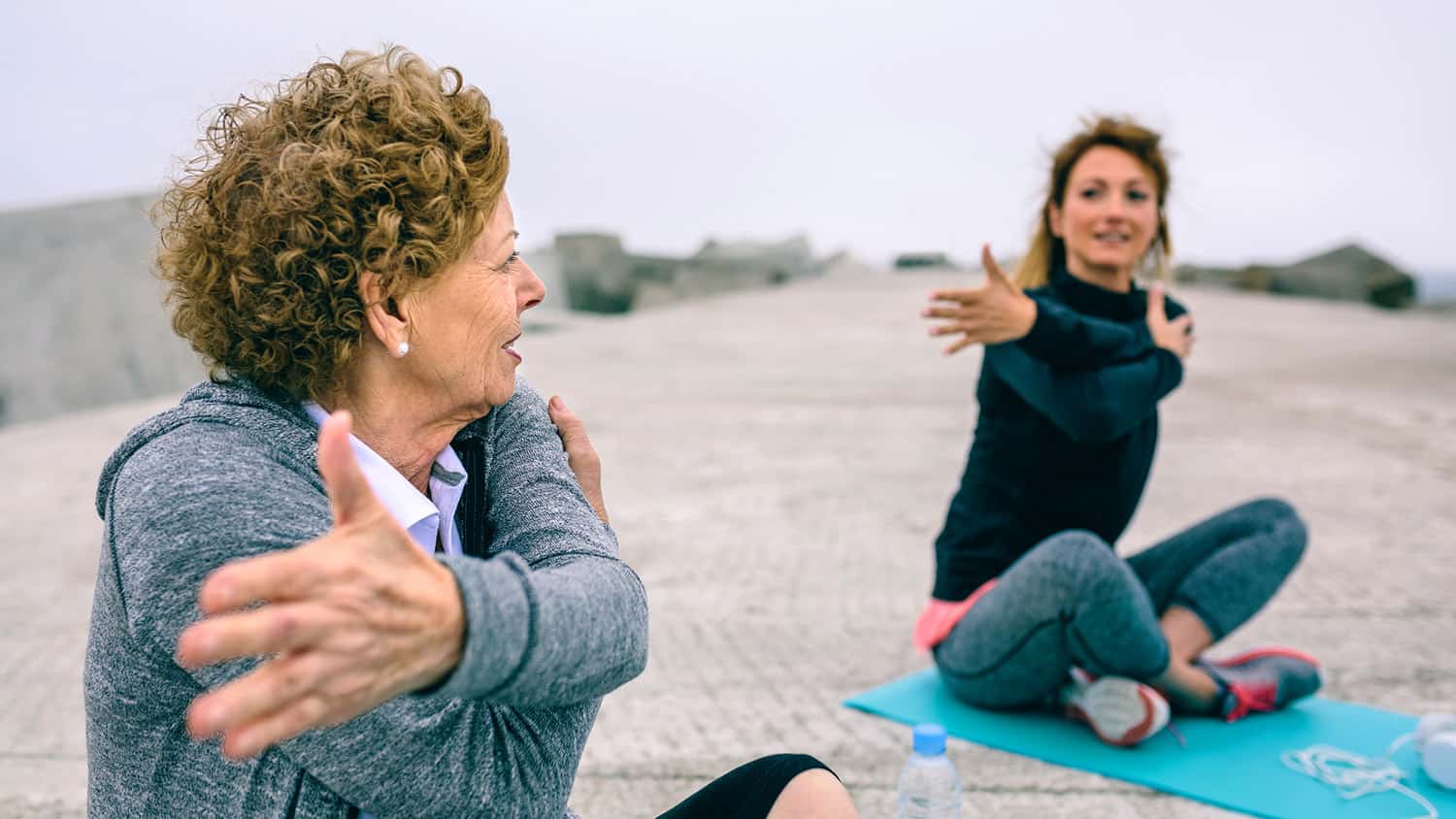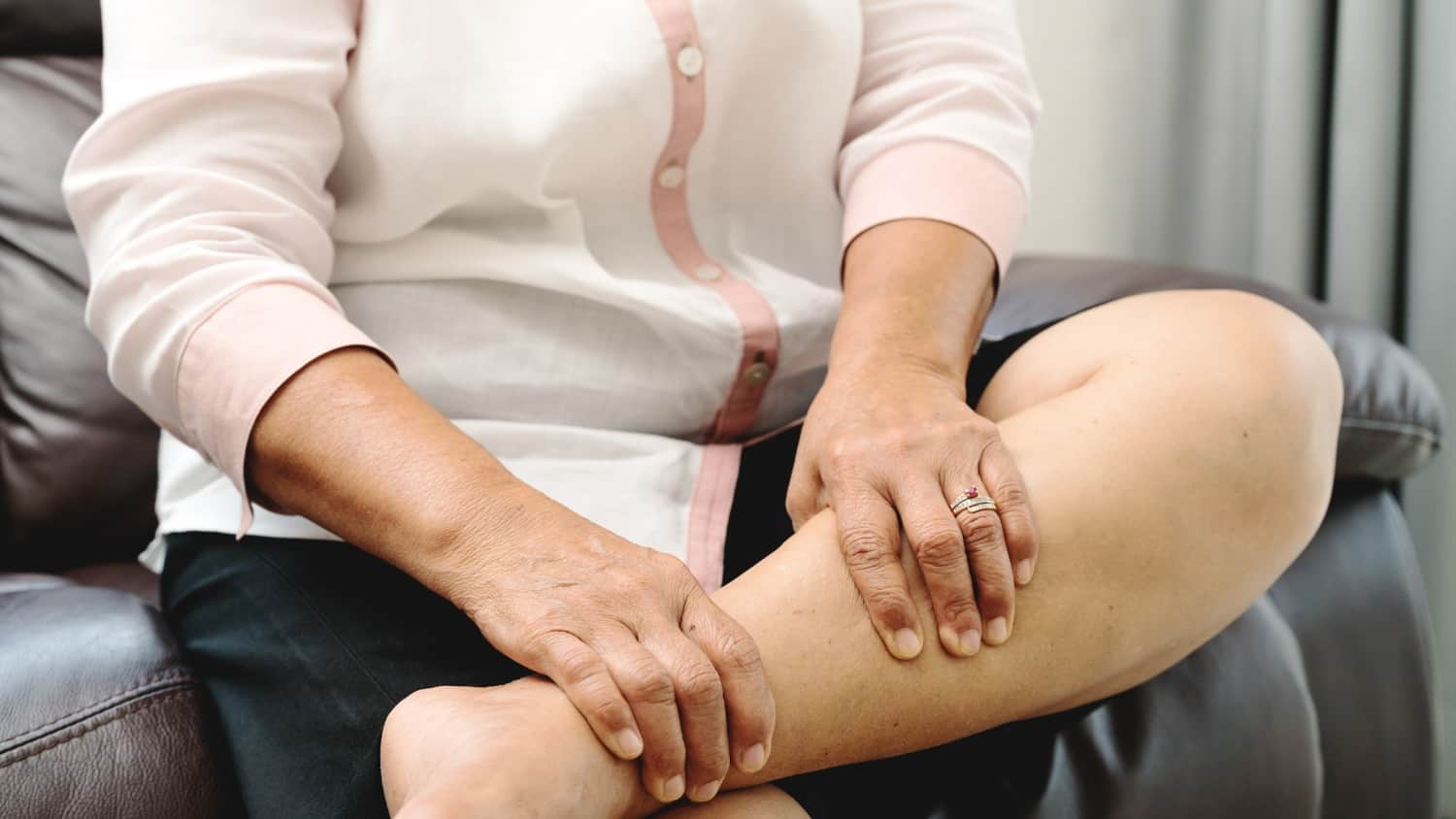
12 Ways Caretakers Can and Should Take Better Care of Themselves
Caretaker is a role many of us are taking on in our senior years, as our parents live longer and healthier lives. At some point, though, we can find ourselves in a role reversal, specifically when we’re responsible for or facilitating the care of aging parents with infirmities.
Caretaking is an opportunity to be of loving service to our parents and give back. At the same time, it’s one of the most difficult of roles, especially should a parent have dementia.
More attention is being paid to caregiver care than ever before, in recognition of the effects of stress and worry – not to mention the sheer physicality needed at times to help those who are no longer mobile.
If you, or someone you love, is a caregiver to an aging parent – or anyone who has mobility or other challenges, the most important factor of all is self-care. A caregiver must put their own well-being first to make sure they can be there for another.
Don’t Feel Guilty
There’s no way anyone can provide appropriate care for another if they, themselves, aren’t rested and in good health. Yet, it’s human nature to feel guilty if we aren’t spending 24/7 with our loved one.
It’s important to remember that taking care of yourself is actually a way of making sure you can take care of your loved one. There’s a reason flight attendants tell you to put on your oxygen mask first and then help another.
Take Time Off
Taking some time off now and then is nothing to feel guilty about. You’re not being selfish. A caregiver can’t be effective if they aren’t well-rested. Taking breaks is a necessity and that means more than just a few hours.
Solicit the Help of Others
One family member often takes on the role of primary caregiver. It’s important to engage other family members – such as siblings – regularly, from the start, so that it becomes part of their routine, too.
In the best of cases, siblings rotate the role of primary caregiver so that they can each have a time of rest. If you don’t set this up as a regular routine from the start, it can be harder to implement later.
Ask for help. Explain to others that you need regular breaks from constant caregiving and that you need their help.
Trust Your Helpers
Sometimes we are our own worst enemies when it comes to taking time off from caregiving – we find “reasons” why we can’t let someone else help.
Remember that no two people can do any job the same way. They bring their own skills, attitudes and habits to the role of caregiver. If they aren’t putting the family member at risk, that doesn’t matter. What matters is that the primary caregiver be able to let go enough to have rest and regeneration time.
Use Paid Respite Care
If there’s no one else available to help, it is possible to engage home health care aides to assist. There may be grants and financial assistance through local organizations, such as the Alzheimer’s Association.
Explore Local Assistance
Check all your local organizations for ways they can help. Financial assistance is one way, but some groups also offer volunteer respite care and other benefits for caregivers.
For example, many people don’t know that the American Cancer Association offers many programs to support those who are ailing. Leave no stone unturned in researching what might be available to help you and your loved one.
Consider Meditation
Meditation is something you can do even while “on the job.” If your loved one is resting, you, too, take time to rest by meditating. If you don’t know how, there are many free online resources including guided video meditations – completely free. Pop in earbuds and meditate.
Get Enough Sleep
There are many meditations that you can do to help you get to sleep – and even free audios you can try. Sleep is critical to your own good health.
Exercise
If you can get a walk in most days of the week, it will do wonders for your stress level and your health.
Eat Well
A balanced diet with plenty of fruit and vegetables is one way to help ensure you remain healthy. Stay away from emotional eating or drinking.
Avoid Substance Abuse
Reaching out to alcohol or any other substance that is thought to temporarily relief stress is also a decision you should stay away from. Being under the influence of any such substances will, in fact, drain your body and leave you more tired.
Take Responsibility for Your Well-Being
Some data suggests that if you are a spouse caregiver aged 66 or older, with mental or emotional stress, your risk of mortality is more than 60 percent higher than others your age who aren’t caregivers. The role is demanding. But it’s up to you to take responsibility for your own well-being.
As someone who has given care myself, I know how grueling this role can be, and I know how important it is to take care of yourself. Help is available – it’s a matter of finding it and then asking for it. I hope you will.
If you are a caretaker, what do you do to take responsibility for your own well-being? What do you find most challenging in your role as a caretaker? Please join the conversation below. Share the issues you face and any tips you may have discovered along the way.
Tags Healthy Aging






